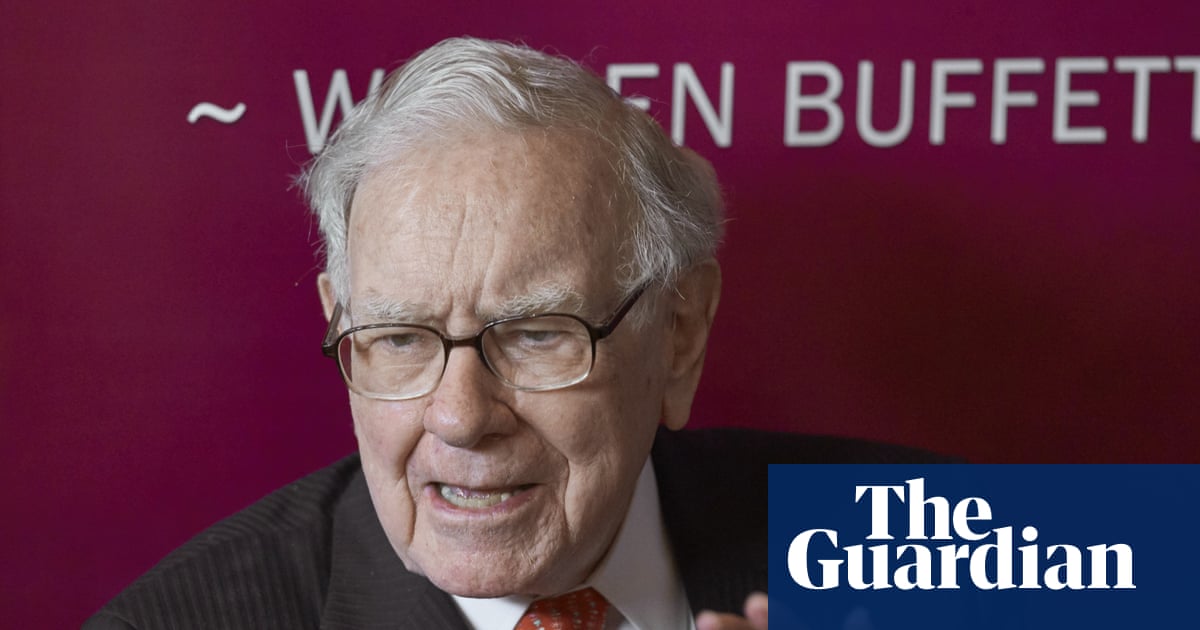Truly, it is a hallowed date for cinephiles, Letterboxd addicts, film bros and people who will only watch movies in 70mm. Yes, happy One Battle After Another release day to all who celebrate.
For card-carrying members of the tribe (and I’m absolutely one of them), the arrival of a new Paul Thomas Anderson film is an event equal in magnitude to Christmas Day meets the World Cup final meets McDonald’s bringing back the McRib. PTA – as the heads call him – may not be the most famous director of his age (Spielberg, Cameron, Scorsese, Nolan and even namesake Wes Anderson are more recognisable to the average filmgoer), but he is surely the most adored among his fans, a film-maker incapable of making a bad film.
Anderson advocates would whip themselves into a lather over the most minor of his releases (a Haim music video, say, or a documentary short about Rajasthani jam bands), but One Battle After Another is far from minor. Adapted (extremely loosely) from the Thomas Pynchon novel Vineland, it stars Leonardo DiCaprio as a former far-left revolutionary turned schlubby dad trying to protect his daughter from a psychotic colonel (Sean Penn, in his best performance in God knows how long) willing to unleash the full force of the military on the Mexican border sanctuary city in which father and daughter are laying low. That description barely scratches the surface of a film that features surreal racist political sects, machine-gun-toting pregnant bank robbers, and Benicio del Toro as a brilliantly unflappable smuggler-slash-sensei. It’s a hell of a ride: ambitious, funny, scary, and poignant in parts. The PTA crew are going to love it – and I suspect plenty of others will too.
At odds with the fervour of PTA fans is another no less cultish group: Oscar voters. Historically, that tribe has been far less receptive to the director’s charms – downright frosty, in fact. To date, the Academy Awards tally for PTA personally reads as follows: 11 nominations across best picture, director, adapted screenplay and original screenplay … and a whopping great zero wins. No matter what he throws at them – sprawling, multi-character puzzle pieces (Boogie Nights, Magnolia), dark American epics (There Will Be Blood, The Master), stoner head-scratchers (Inherent Vice), elegant mid-century melodramas (Phantom Thread), broad coming-of-age comedies (Licorice Pizza) – they remain unmoved.

It’s a record that, if anything, burnishes PTA’s reputation even further among his acolytes. They’ll say: “These are the clowns who picked Forrest Gump over Pulp Fiction, Crash over Brokeback Mountain. Well, of course they wouldn’t recognise a generational director.” That said, you can almost, if you squint hard enough, half understand the thinking behind their snubs. Anderson’s films, with their off-kilter rhythms, morally ambiguous characters, bursts of surreal humour, clattering Jonny Greenwood scores, and interest in awkward subjects (the porn industry in Boogie Nights, Scientology in The Master), are a difficult-to-digest proposition for, in particular, the Academy’s more conservative wing. Though, in fairness, sometimes PTA has just suffered pure bad luck: There Will Be Blood would surely have won in 2008 were it not for the Coens delivering their own modern classic that year in No Country for Old Men.
This time though feels different. One Battle, while clearly a Paul Thomas Anderson film in tone, style and preoccupations, is also a big, swing-for-the-fences crowd-pleaser of the kind he’s never really made before, with explosions, car chases, a bankable leading man ($7.2bn and counting at the box office for DiCaprio). You leave the cinema grinning and giddy after seeing it. And, in contrast to his past films, nearly all of which are set in the recent or semi-distant past, One Battle is thrillingly, chillingly of the moment, with its scenes of military forces camped out on American streets and shadowy far-right cabals that skirt the line between hilarity, in their pomposity and fustiness, and outright horror. Relevant and raucous, it’s a film that almost seems to force the Academy’s hand: what else could they possibly ask for? Certainly, the oddsmakers seem to think that’s the case, having pretty much already declared the best picture race over.
And, of course, there’s another even more potent force behind PTA this time around: the feeling it’s “his time”. The momentum behind an “overdue” nominee is often unstoppable, regardless of the quality of the thing they’re nominated for. Perhaps the most famous recent example, and one that Anderson and One Battle After Another are being compared to, is Scorsese – after the driest of dry streaks – winning best picture and director for The Departed, an extremely fun film that nevertheless is considered one of the lesser works in his filmography.
So, is that it? Best picture, director, and plenty more Oscars besides already locked up six months before the ceremony? Of course not. After all, “it’s their time” only gets you so far – just ask poor old Glenn Close. And there are plenty of other widely admired films in contention – Chloé Zhao’s apparently devastating Hamnet, starring Paul Mescal and Jessie Buckley, or Joachim Trier’s much buzzed-about Worst Person In the World follow-up Sentimental Value, or Kathryn Bigelow’s also extremely timely nuclear war thriller A House of Dynamite. Or even Sinners – as well as being much admired by, well, everyone, it did extraordinarily well at the box office, while some are concerned that One Battle may struggle to lure in cinemagoers. Warner Bros, which made both Sinners and PTA’s film, may have to make a tricky choice over which film to put its heft behind when it comes to awards season campaigning.
after newsletter promotion
Nothing is yet decided, then. Except that PTA’s army, Oscar or no Oscar, will continue to declare him the greatest, and get very excited indeed about what he chooses to bestow upon us next.
If you want to read the complete version of this newsletter please subscribe to receive The Guide in your inbox every Friday

 3 months ago
55
3 months ago
55

















































